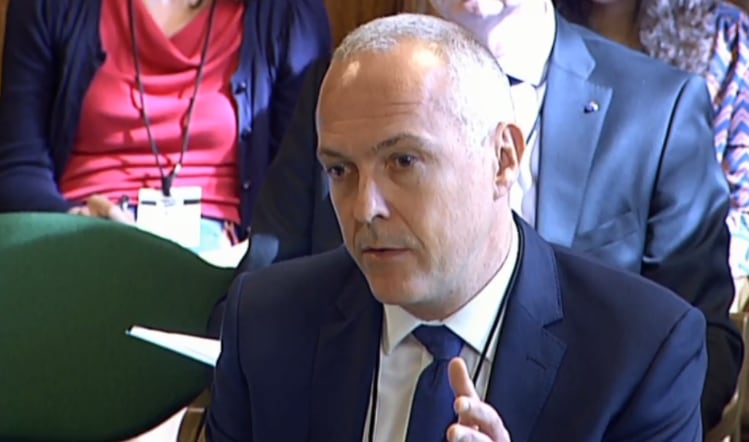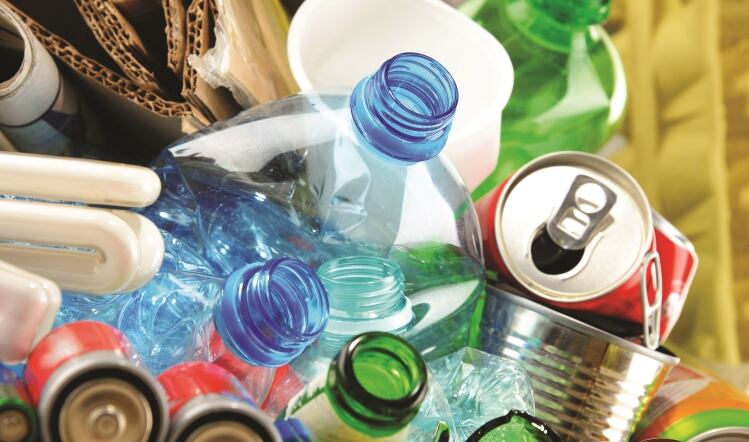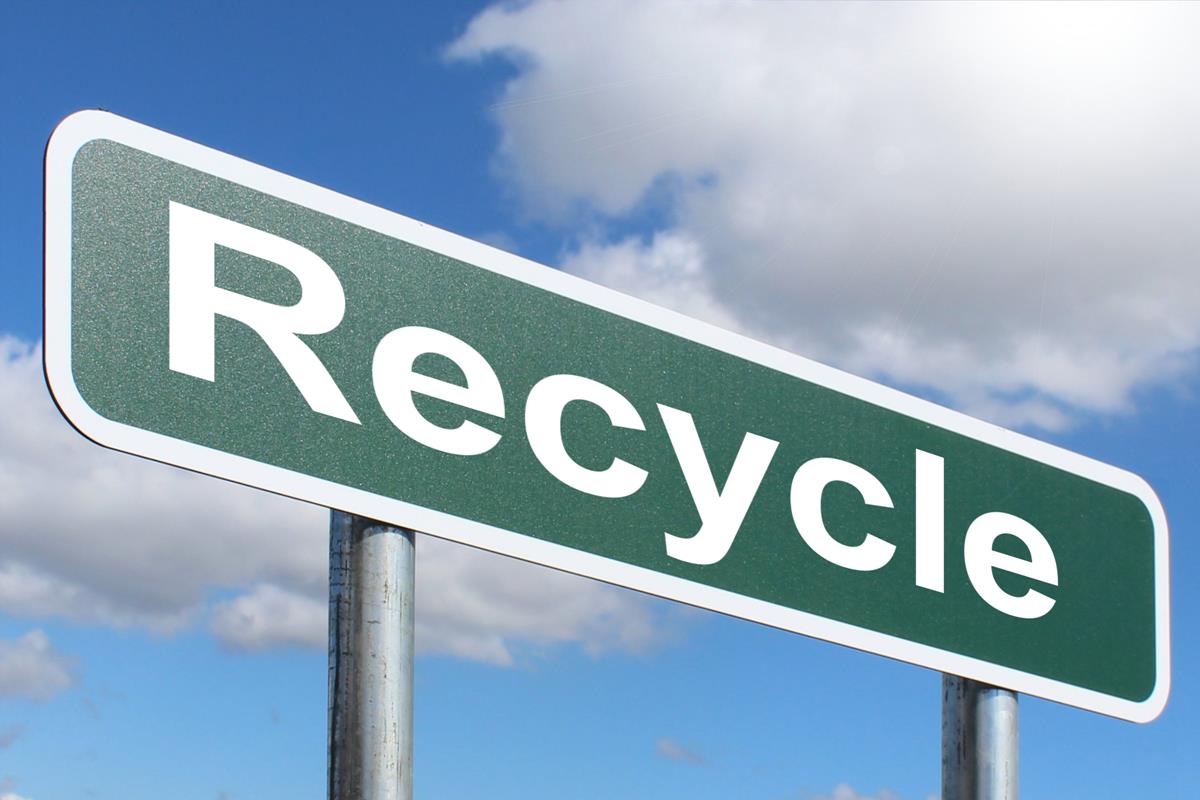Speaking at an Environment, Food and Rural Affairs (EFRA) committee hearing today (3 July), Stuart Lendrum was grilled by ministers on what the food and drink industry was doing to prevent consumers from being confused by on-pack recycling labels.
In response, Lendrum called for mandatory labelling that was simpler to understand than the current system found on packaging.
Three-way system
“It’s currently a three-way labelling system – so [packaging] is either not yet recyclable, widely recyclable or check locally,” he explained. “That ultimately doesn’t help consumers because what people want to know is ‘yes or no, can I recycle that?’.
“There’s a real challenge and opportunity to move to a binary system, make it mandatory and make sure that’s harmonised with local authority communications, so you’ve got one consistent communication piece right the way through the journey.”
Lendrum called for further enforcement on green claims legislation to crack down on information on-pack that purported to make claims about its recyclability, which only cause confusion for consumers.
Wide range of materials
He also highlighted the challenges created by the wide range of materials used to create food and drink packaging. The issues around whether packaging was recyclable, made from recycled product or was compostable could be mitigated by reducing the number of materials used in their construction.
“That makes whatever we do with them really complex, both from a point of view of sorting them out, dealing with contamination and risks,” Lendrum added.
“To make the next stage of the process economically viable – with the sheer range of materials we have – it’s not so much an issue of compostable versus non-compostable, it’s just about the range of materials used in production, particularly in the context of plastic.”





